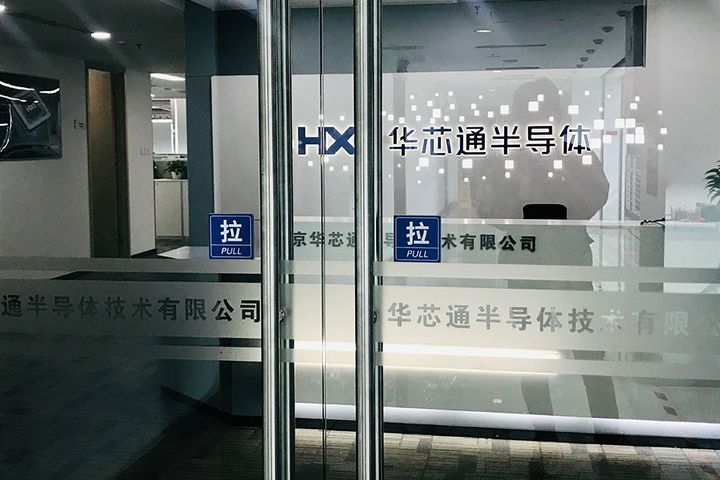 CEO Quits Chinese Qualcomm JV Rumored to Shut Down This Month
CEO Quits Chinese Qualcomm JV Rumored to Shut Down This Month(Yicai Global) April 22 -- Wang Kai, chief executive of a joint venture between American chip giant Qualcomm and China's Guizhou province that is rumored to be closing down, has departed the company.
"It's a long story," Wang told Yicai Global in response to questions about the reported closure of Huaxintong Semi-Conductor Technology, which employs over 400 people in southwest China.
The Information reported late last week that the company would shut down at the end of this month, citing company employees. Huaxintong has yet to respond to the claims.
Founded in 2016 with CNY1.8 billion (USD268 million) in registered capital, Huaxintong was created primarily to design and develop server chips. Qualcomm has a 55 percent share in the firm, which announced in November that it had started to mass produce the StarDragon 4800 -- the first China-made commercial server processor based on ARM architecture.
Market players have long doubted the project, especially so since Qualcomm announced it was pulling back on its server chip units. No other chipmaker is able to contend with Intel's server chips, whose X86 architecture commands a 95 percent market share.
The plan was set to fail the moment Qualcomm said it would stop developing server chips, a manager at semiconductor designer Arm Holdings told Yicai Global. The company believes cloud computing, particularly edge computing, has greater market potential, he added.
Huaxinton's closure could also dampen prospects for Qualcomm's joint venture with state-backed Datong Telecom Technology, chipset designer Lingsheng Technology Guizhou and two other companies, added Sheng Linghai, research director at Gartner. Qualcomm holds a 24 percent stake in that venture.
Several media outlets have speculated that Lingsheng will become a simple agent for Qualcomm and distribute its low-end chips, and that the San Diego-based firm will not transfer its core technology to its joint ventures.
This sets the tone for other companies engaged in China's chip sector, Sheng said, adding that Huaxintong's project had a low rate of return and that other joint ventures will face issues with investment, technology and their controlling shareholders.
Intellectual property ownership will be one of the biggest headaches for similar companies. Qualcomm still controls Huaxintong despite Chinese funds making up most of the registered capital, as like other foreign companies it licenses its technology to the joint venture rather than transferring ownership.
Editors: Liao Shumin, James Boynton